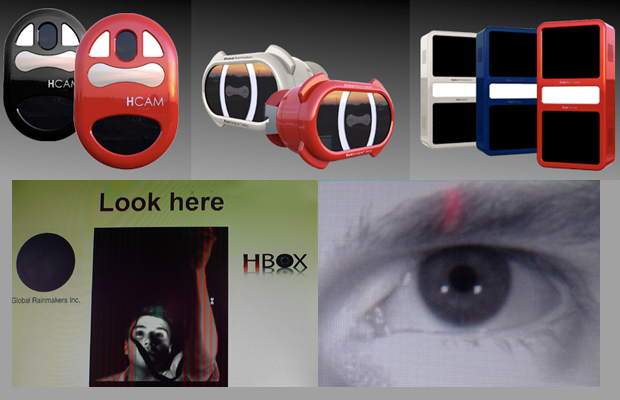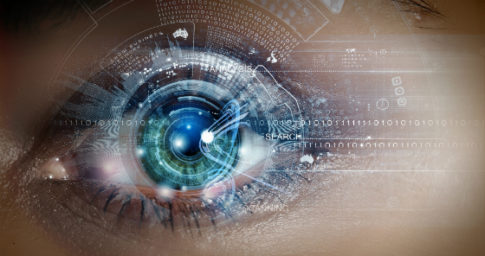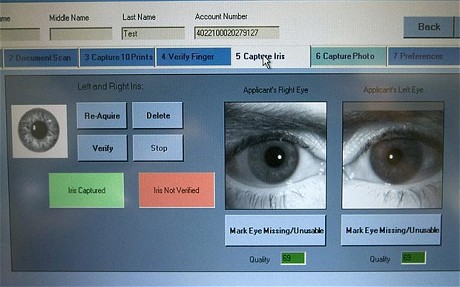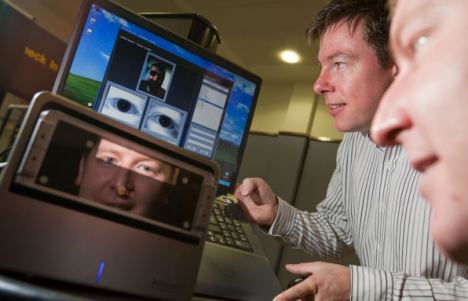Welcome 1984! Welcome the New World Order! Welcome slavery!

We’ve all seen and obsessively referenced Minority Report, Steven Spielberg’s adaptation of Philip K. Dick’s dystopian future, where the public is tracked everywhere they go, from shopping malls to work to mass transit to the privacy of their own homes. The technology is here. I’ve seen it myself. It’s seen me, too, and scanned my irises.
Biometrics R&D firm Global Rainmakers Inc. (GRI) announced today that it is rolling out its iris scanning technology to create what it calls “the most secure city in the world.” In a partnership with Leon — one of the largest cities in Mexico, with a population of more than a million — GRI will fill the city with eye-scanners. That will help law enforcement revolutionize the way we live — not to mention marketers.
“In the future, whether it’s entering your home, opening your car, entering your workspace, getting a pharmacy prescription refilled, or having your medical records pulled up, everything will come off that unique key that is your iris,” says Jeff Carter, CDO of Global Rainmakers. Before coming to GRI, Carter headed a think tank partnership between Bank of America, Harvard, and MIT. “Every person, place, and thing on this planet will be connected [to the iris system] within the next 10 years,” he says.
Leon is the first step. To implement the system, the city is creating a database of irises. Criminals will automatically be enrolled, their irises scanned once convicted. Law-abiding citizens will have the option to opt-in.
When these residents catch a train or bus, or take out money from an ATM, they will scan their irises, rather than swiping a metro or bank card. Police officers will monitor these scans and track the movements of watch-listed individuals. “Fraud, which is a $50 billion problem, will be completely eradicated,” says Carter. Not even the “dead eyeballs” seen in Minority Report could trick the system, he says. “If you’ve been convicted of a crime, in essence, this will act as a digital scarlet letter. If you’re a known shoplifter, for example, you won’t be able to go into a store without being flagged. For others, boarding a plane will be impossible.”

GRI’s scanning devices are currently shipping to the city, where integration will begin with law enforcement facilities, security check-points, police stations, and detention areas. This first phase will cost less than $5 million. Phase II, which will roll out in the next three years, will focus more on commercial enterprises. Scanners will be placed in mass transit, medical centers and banks, among other public and private locations.
Read moreWelcome, Big Brother: Iris Scanners Create the Most Secure City in the World





